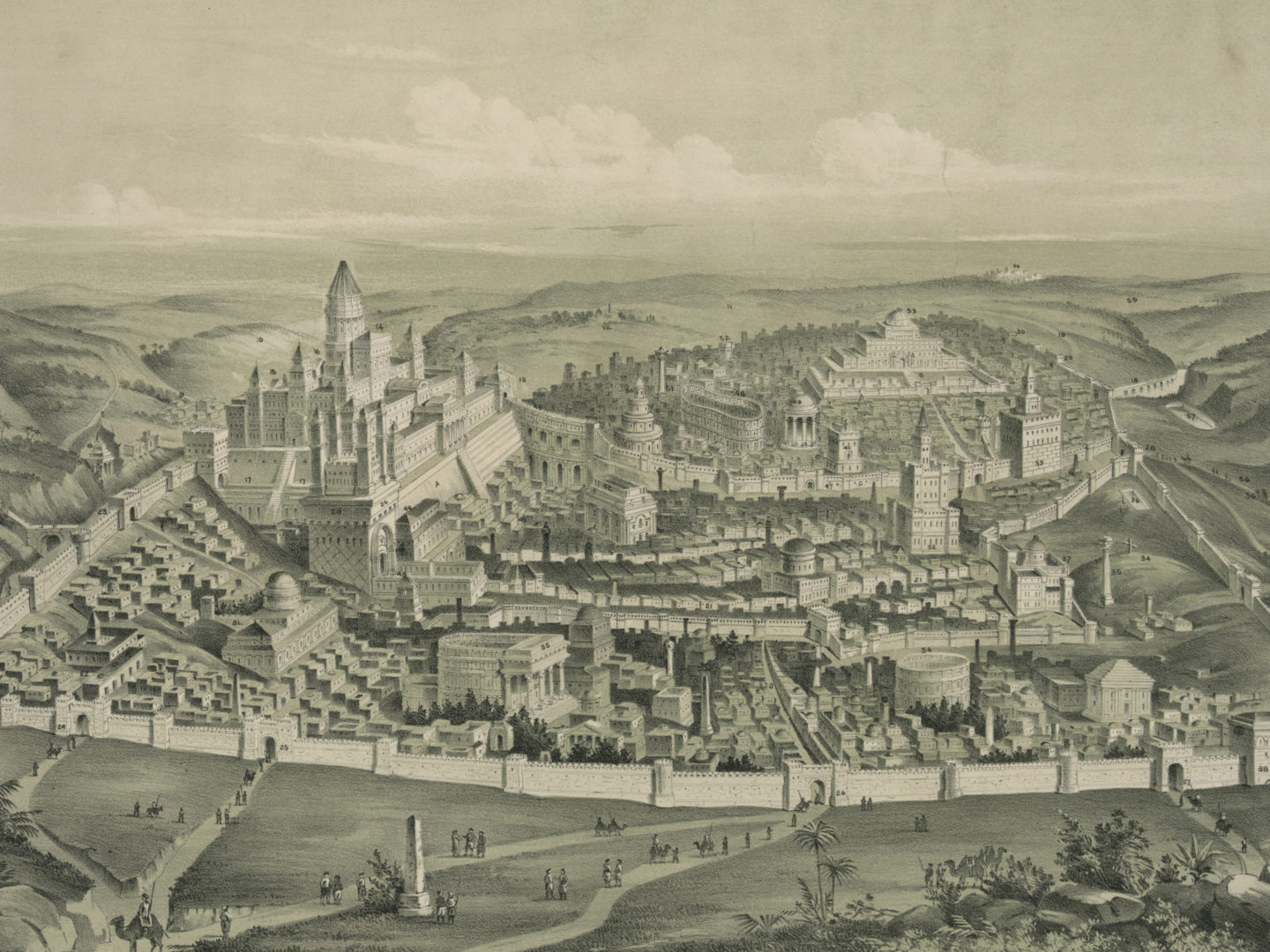In his recent CJN column, David Weinfeld says that he has “some difficulty with the concept of indigeneity” and questions whether Jews can really claim to be indigenous to the Land of Israel “after 2,000 years” in exile.
Yet contrary to Weinfeld’s assertion, indigeneity in the Jewish context is not in fact a difficult concept. It is very easy to establish the Jewish people’s claims using an internationally recognized process.
In the early 1980s, the United Nations commissioned Ecuadorean anthropologist José R. Martínez Cobo to investigate the plight of indigenous peoples around the globe and report back with recommendations.
In 1982, Cobo responded with a list of five criteria for establishing an indigenous connection between a group of people and a given territory: current occupation of ancestral lands, common ancestry with the pre-colonial inhabitants of those lands, culture (including religion), language and concentration in a specific geographic region or regions.
Members of the Jewish community pass these tests with flying colours. Jews continue to live – and always have, even as a minority – in the Land of Israel. Modern genetic testing has confirmed the predominantly Levantine ancestry of most Jews, including Ashkenazim. Judaism and many other aspects of Jewish culture were born in the Land of Israel. The Israelite’s Hebrew language has been revived and even Diaspora Jewish tongues, such as Yiddish and Ladino, carry heavy Hebrew influences. Finally, Jews in the Diaspora have tended to congregate – whether by choice or by force – in specific geographic regions.
Weinfeld was right to express trepidation about asserting an indigenous Jewish claim to Montreal, Poland or Virginia, as Jews simply aren’t native to those areas. (Although they have every right to live there.) But his discomfort with asserting the indigenous status of the Jews in the Land of Israel is misplaced.
The claim that the Jewish people are not indigenous to the Land of Israel is dangerous.
Jewish indigeneity does not deprive other inhabitants of Israel, such as the Palestinians, of their basic human rights. Nevertheless, the claim that Palestinians have lived in the land “for two millennia” lacks a factual basis. One need only consider the thousands of Palestinian families with names like al-Masri (Egyptian), al-Kurdi (Kurdish) and al-Yamani (Yemenite), to realize that many, if not most, of them arrived in the area in the centuries following the Muslim conquest of 635 CE.
Denying Jewish indigeneity is not only historically baseless, but also risks unintentionally opening a door for antiSemites.
The Nazis infamously claimed that Jews were “parasites” who preyed upon their host populations, and that such parasitism was inherent to the Jewish condition. The Soviet Union deployed similar, if less explicit, anti-Semitic imagery, referring to Jews as “rootless cosmopolitans.” The common thread was that Jews are a freeloading people who could not possibly maintain an independent Jewish society, or country.
In fact, Jews are not “rootless” at all; our roots lie in the Land of Israel, where Jewish ethnogenesis – the birth of our nation – took place thousands of years ago.
These insidious claims remain part and parcel of the ideology of the Palestinian Liberation Organization, which purports to respect Judaism as a religion, but denies Jews any collective identity as a people. Palestinian nationalists are essentially forced to take this dishonest position, because any recognition of Jewish peoplehood would inevitably raise the question of where the Jews originated from – with the Land of Israel being the only possible answer.
Weinfeld concludes that he is “indigenous to the Diaspora.” While he has every right to believe what he wants about his own ancestry, his claim that the Jewish people are not indigenous to the Land of Israel is dangerous, as it is inaccurate and plays into the hands of those who would like to destroy the Jewish state – and the Jewish people.
Aidan Fishman is the director of the League for Human Rights of B’nai Brith Canada.
